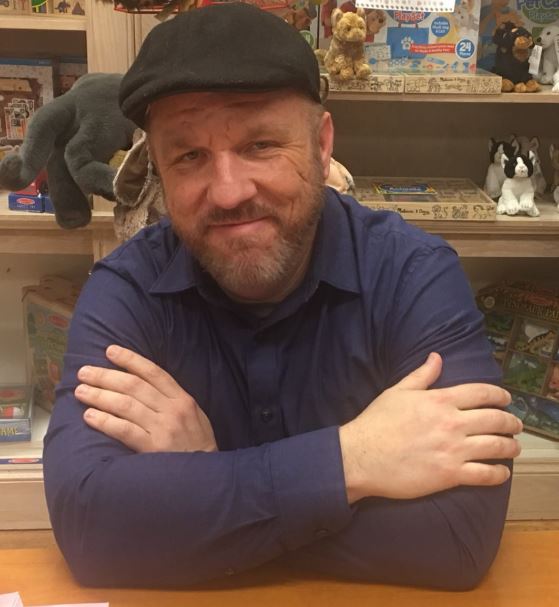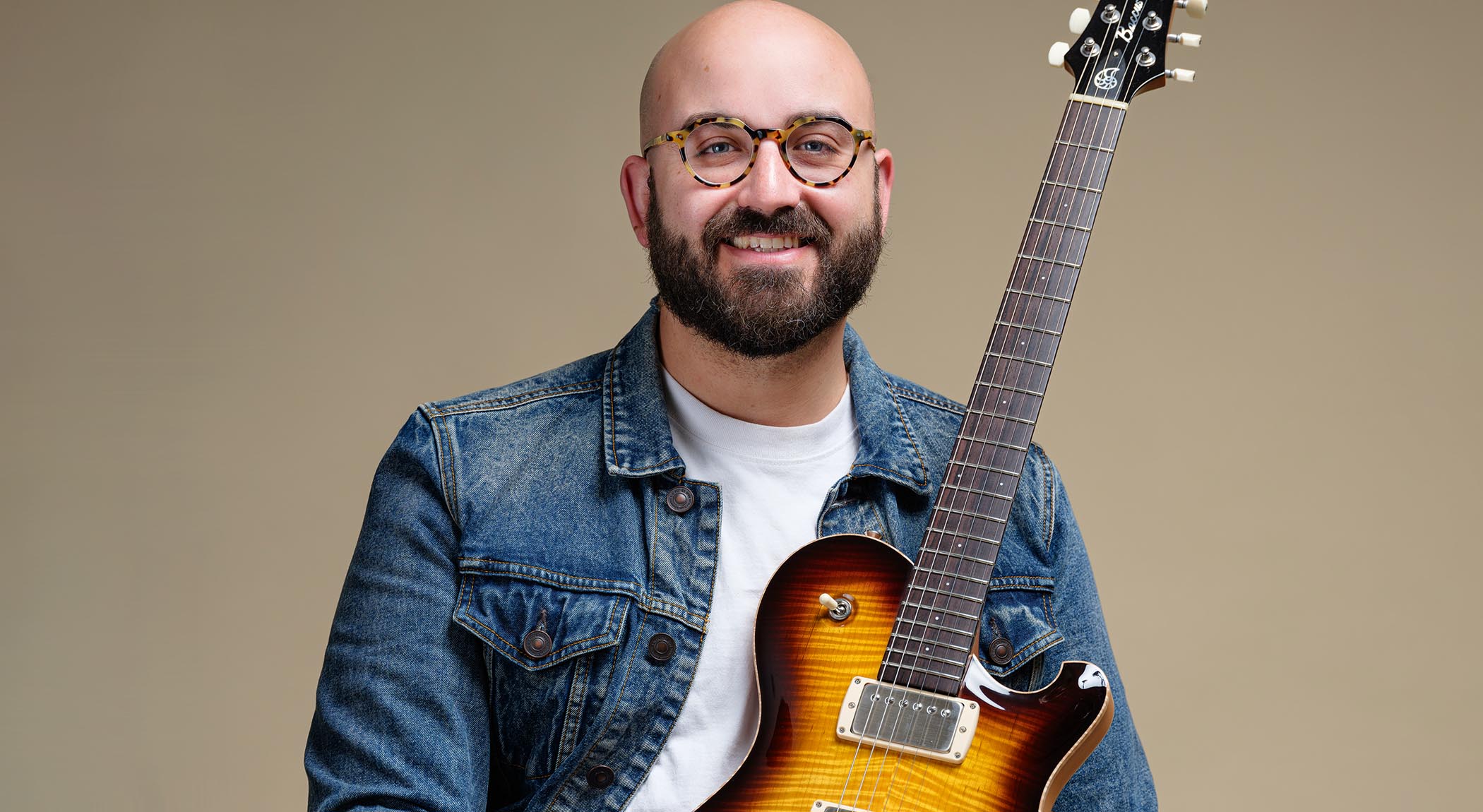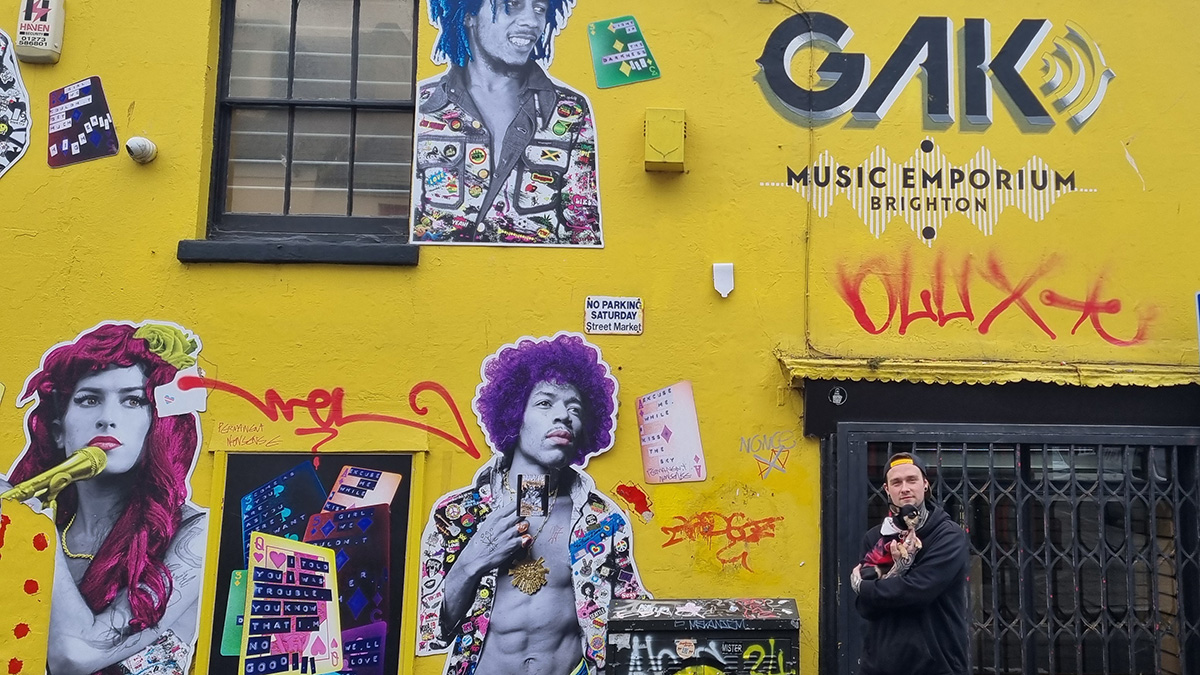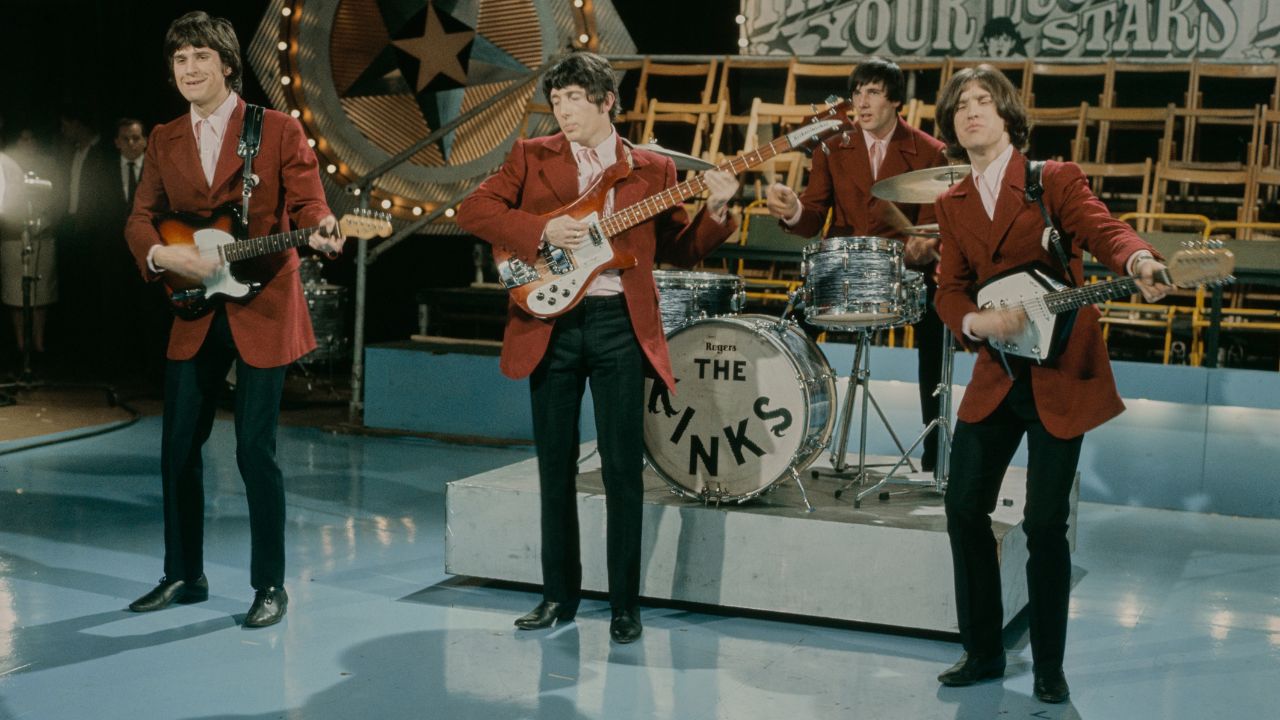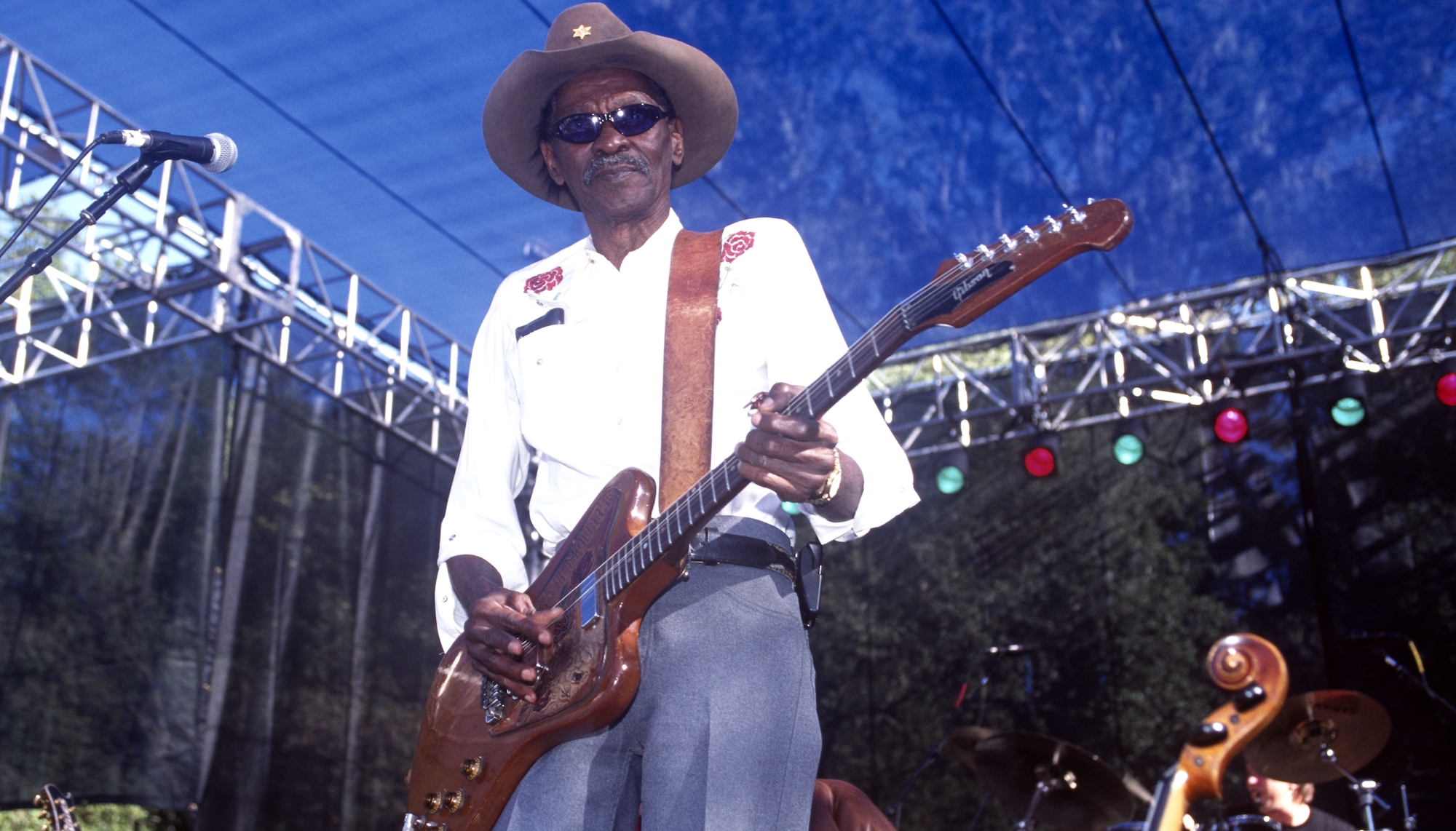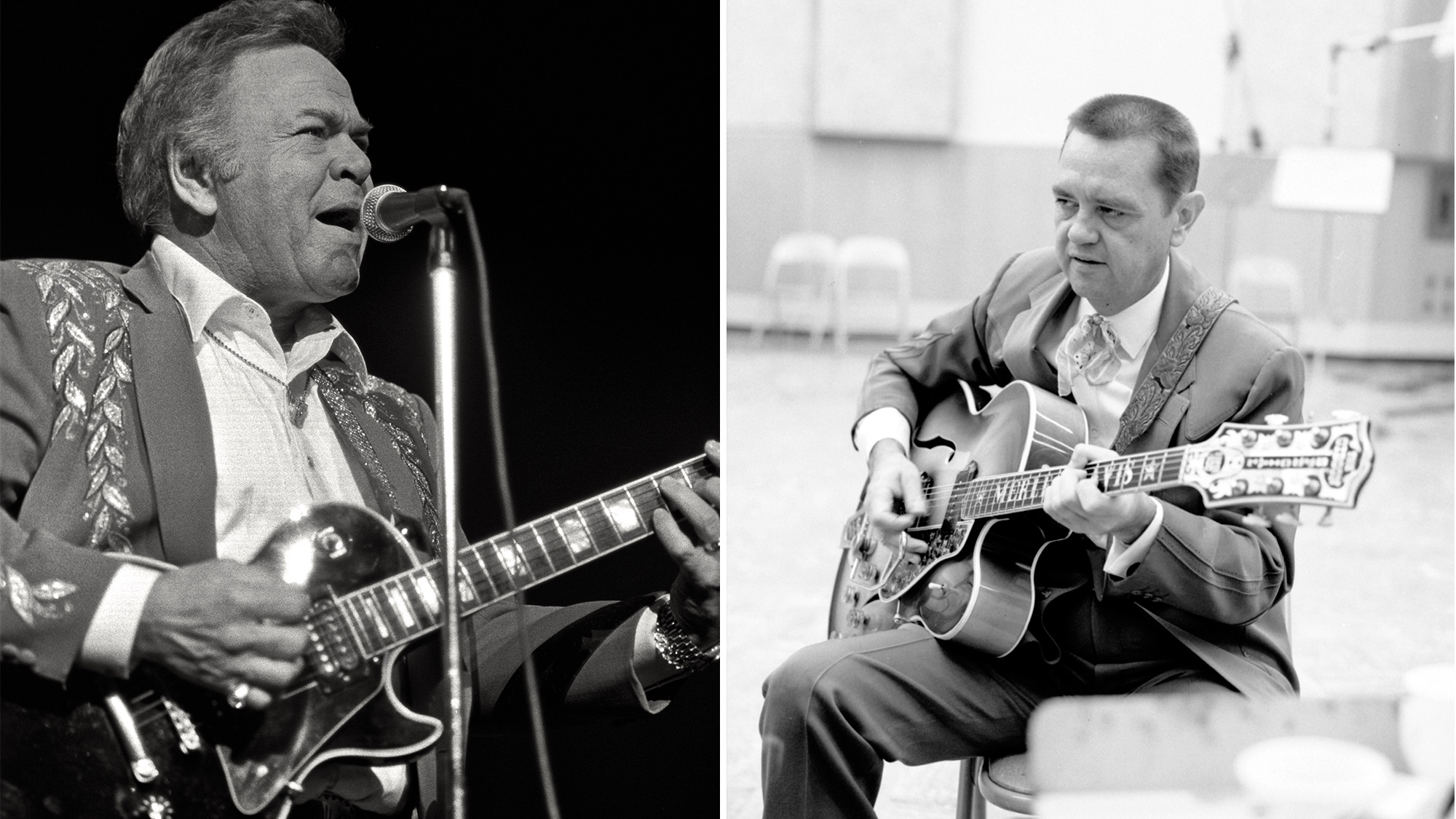Interview: Wang Chung's Jack Hues and Nick Feldman Discuss New Album, 'Tazer Up!'
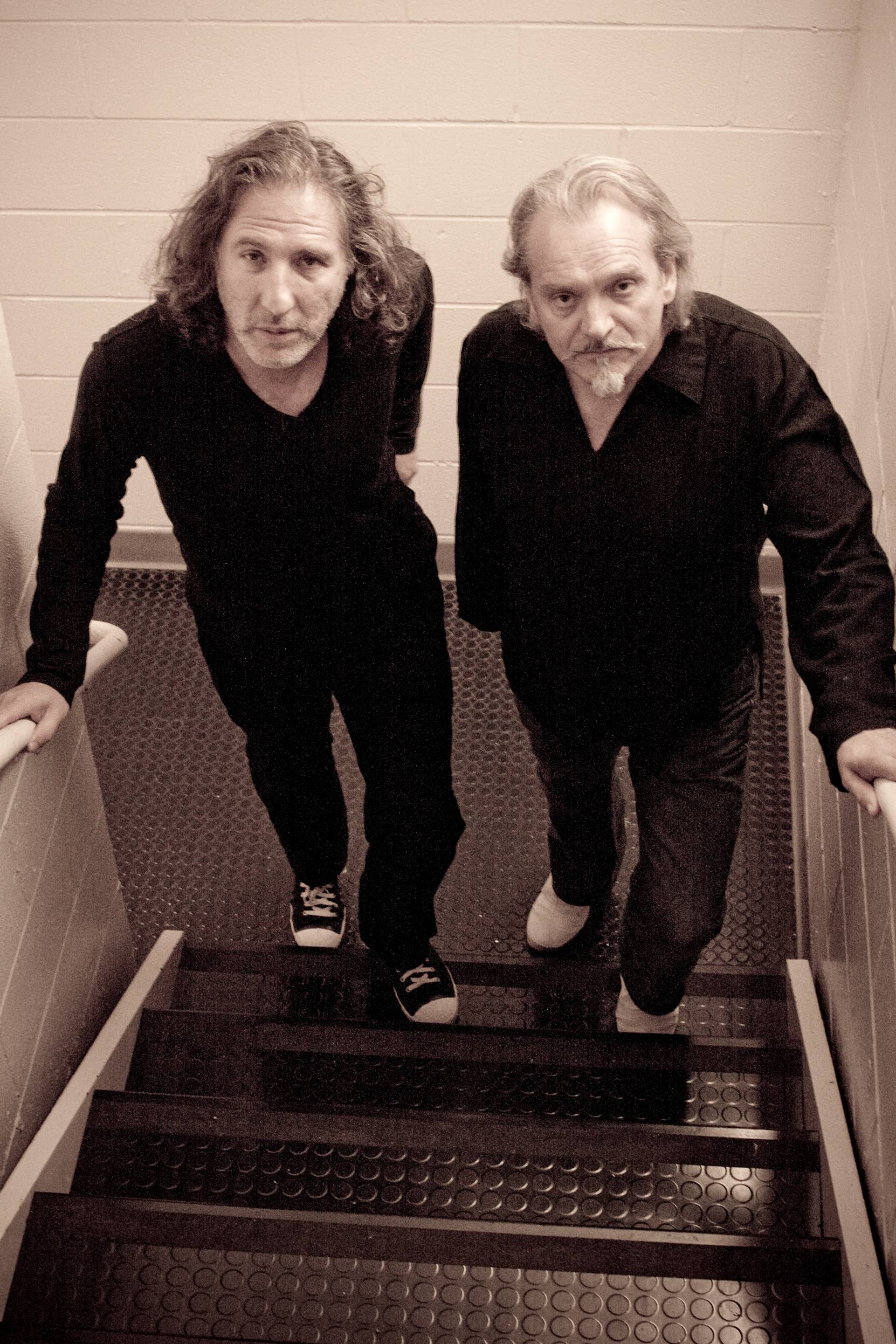
It's been quite a while since Wang Chung released a full-length studio album (1989's The Warmer Side of Cool, to be exact).
But throughout their "hiatus" the band's music, synonymous with the 1980s has still been going strong. Most recently, as part of the soundtrack for TV shows like Breaking Bad ("Dance Hall Days") and the pilot episode for The Walking Dead ("Space Junk").
Guitarist Jack Hues and bassist Nick Feldman had been working on side projects over the years but found themselves reunited for a reality show that planted the seed for a full-on reunion. The duo then set to work on writing a new album to bring Wang Chung out of the Reagan administration.
The result of their efforts, Tazer Up!, is a welcome blend of freshness and crisp songwriting that’s instantly recognizable as Wang Chung but also contains a more modernized 21st century sound (notably songs like "Let's Get Along," with its cool intro and infectious guitar groove, and "Stargazing" with its sublime, almost ethereal feel). With another new studio album and tour being prepped for 2013, the future has never been brighter for Wang Chung.
I spoke with Hues and Feldman about Tazer Up!, how the band came together and, of course, the origin of the iconic '80s song "Everybody Have Fun Tonight."
GUITAR WORLD: Why such a long hiatus between records, and what sparked Tazer Up!?
JACK HUES: Life and families intervened, although Nick and I had both been involved in a lot of side projects. But a few years ago, we were invited to do a reality-type show called Hit Me Baby One More Time. The reality for us was we had to play one of our hits ("Everybody Have Fun Tonight") along with a cover of a modern tune. So we did Nelly's "Hot In Here."
Get The Pick Newsletter
All the latest guitar news, interviews, lessons, reviews, deals and more, direct to your inbox!
NICK FELDMAN: The show gave us the taste of working together again, and we decided to record an album. So we started writing and it slowly came together over the years.
HUES: We were also thinking about what a Wang Chung album might be like in the 21st century. We knew we wanted to keep it sort of '80s aesthetic, but we also wanted a modern twist. During the interim, we started touring again, which also was a lot of fun.
Why did you decide to name the new album Tazer Up!?
HUES: It's actually a painting called "Tazer" that I have hanging on a wall in my kitchen. I saw it in a shop and loved the image. I liked the whole "ray gun, take me to your leader" type thing and thought it would be the perfect.
The clearing of the throat at the beginning of the track "Let's Get Along" is a cool touch.
HUES: That was originally used just a marker on the recording prior to playing the riff. I liked it. I came up with the riff for that song while I was producing a band back in the '90s. The song just hibernated until Nick and I started thinking about a new album.
Will you be touring?
FELDMAN: We've been touring for the last few years, but now with this new record and the one we're planning to release next spring, we're really looking forward to it. The next album will have remixes along with new material; slightly more in the dance area.
Your music is still as relevant and fresh sounding as ever.
FELDMAN: Wang Chung has always been a laboratory of ideas. We've never been marginalized as just a dance band or a rock or pop band. We do all of these different things and this record reflects that. It's quite varied in its style, but it still feels coherent as one album.
What do you think made the '80s so great musically?
HUES: I think that as a musician, you could be one without being a celebrity. It was also a really creative time for music.
FELDMAN: It was a mix of good melodies and song construction with a slight move more into synths. The mixture of electronics and guitars was a positive thing that made the songs stay with people.
What's the origin of the song, "Everybody Have Fun Tonight"?
FELDMAN: I had a chorus idea for the song, which was much slower than the final cut. I remember playing it for Jack and he loved it. So we developed a version of it and at the end, Jack ad libbed and threw in the line "Everybody Wang Chung tonight" as sort of a one-off.
HUES: We were working with Peter Wolf (who produced the Mosaic album) and he told us to speed it up, rewrite it and make every chorus have "Everybody have fun tonight, everybody Wang Chung tonight," which I thought was odd, because I had done it just as an ad lib. [laughs]
How did Wang Chung come together?
FELDMAN: Back in the late '70s, I was a musician working as a booking agent for a small agency. One day I decided I was going to leave and do my own thing. So I put an ad in the Melody Maker (the main musical publication) and Jack applied.
We were in a band called The Intellektuals; a new wave, punky style band that eventually evolved into Huang Chung. But the name was hard to pronounce. In fact, when we signed to Geffen we were thinking of changing the name of the band completely because everyone was getting it wrong. But David Geffen told us that the name was really good and all we had to do was change the spelling of it with a "W" so that everyone would know how to pronounce it. That's how we became Wang Chung.
Tell me a little about your musical background.
HUES: I started playing guitar when I was 8. I was sitting in the kitchen with my mom when "Please Please Me" by The Beatles came on the radio. My mom got very annoyed by it and I remember thinking, "Hmm, my mom doesn't like this, but I really DO like it!" It became that dividing point where this was going to be my music and not hers. A bit Freudian, I suppose. [laughs]
My dad was a semi-pro musician at the time and he bought me a guitar but told me I had to have proper lessons. So he sent me off to hour-long classical guitar lessons. Half an hour was spent playing and the other half was learning theory. By the time I was 16, I was getting pretty good. But I always saw it as a means to an end. The end being, to play those Beatles tunes that I loved.
Nick, were you always the bassist for the band?
FELDMAN: I actually started off playing guitar, but after The Intellektuals split up we decided to become a three-piece. We had Jack on guitar and Darren Costin on drums. Since we needed a bass player, I decided to play and have been playing bass for the band ever since.
How do you find playing live now as opposed to the '80s?
FELDMAN: I find playing these days to be a lot more fun than I did back then. There's no pressure. We're more entertaining and can just be ourselves and have a good time.
For more about Wang Chung, visit their official website and Facebook page.
James Wood is a writer, musician and self-proclaimed metalhead who maintains his own website, GoJimmyGo.net. His articles and interviews are written on a variety of topics with passion and humor. You can follow him on Twitter @JimEWood.
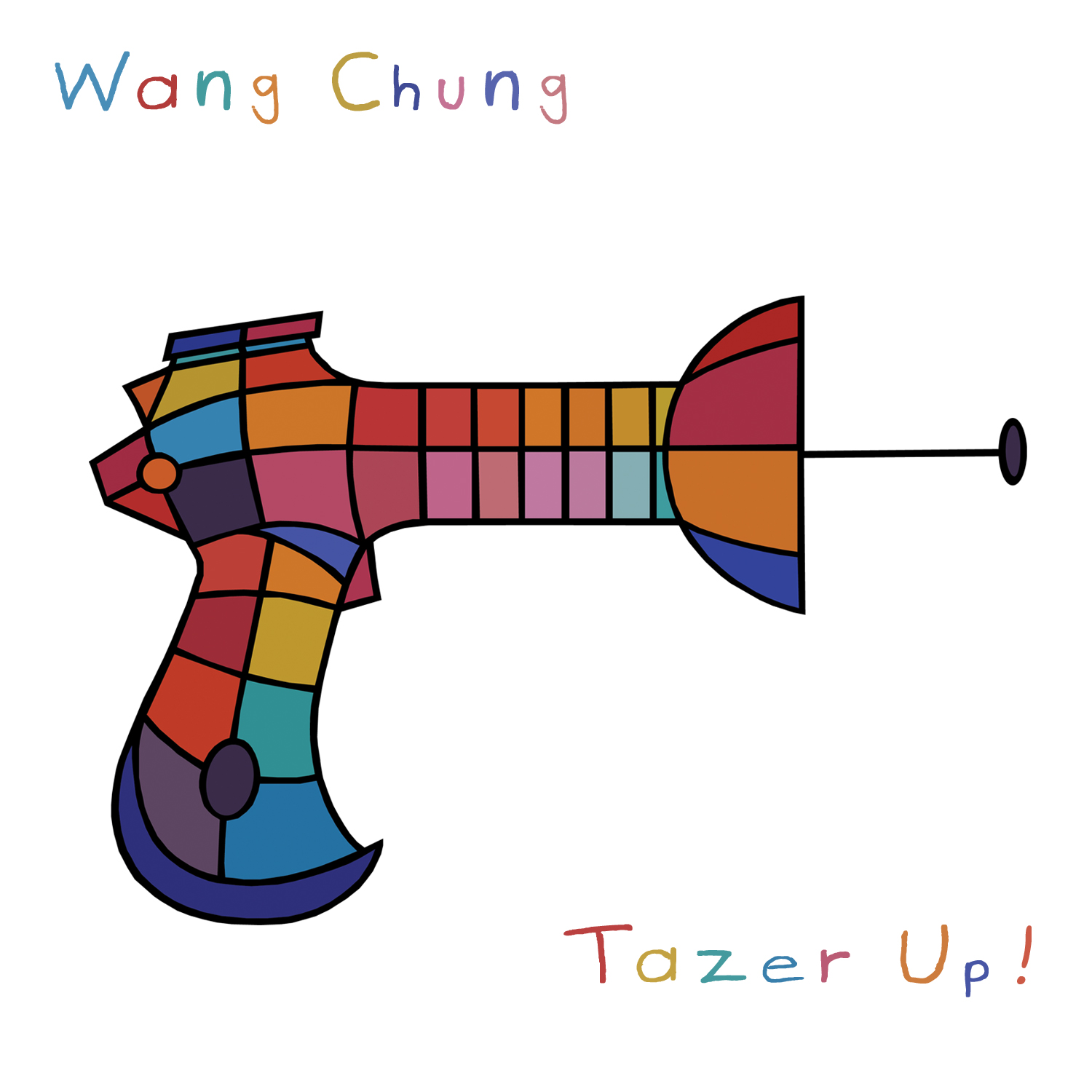
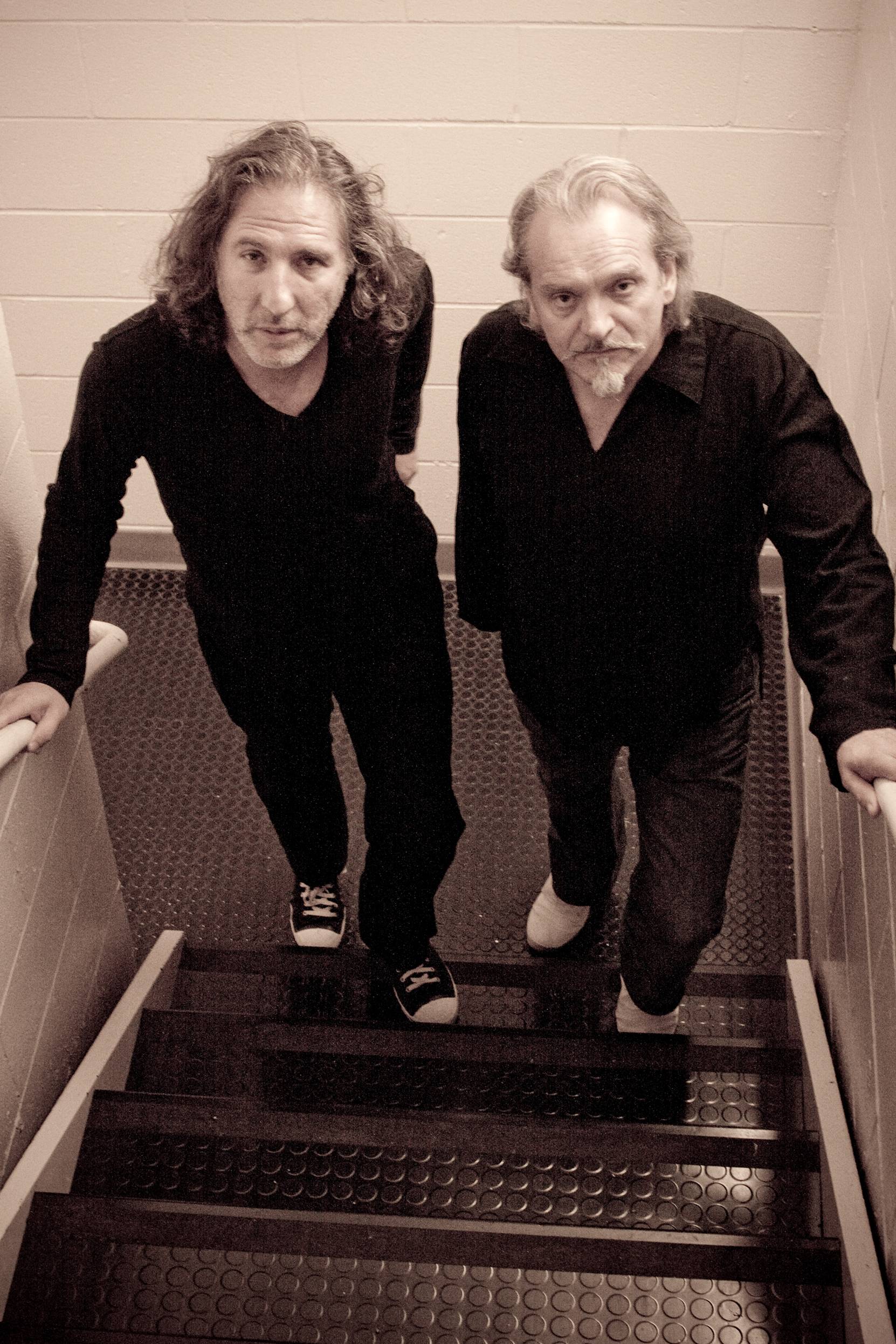
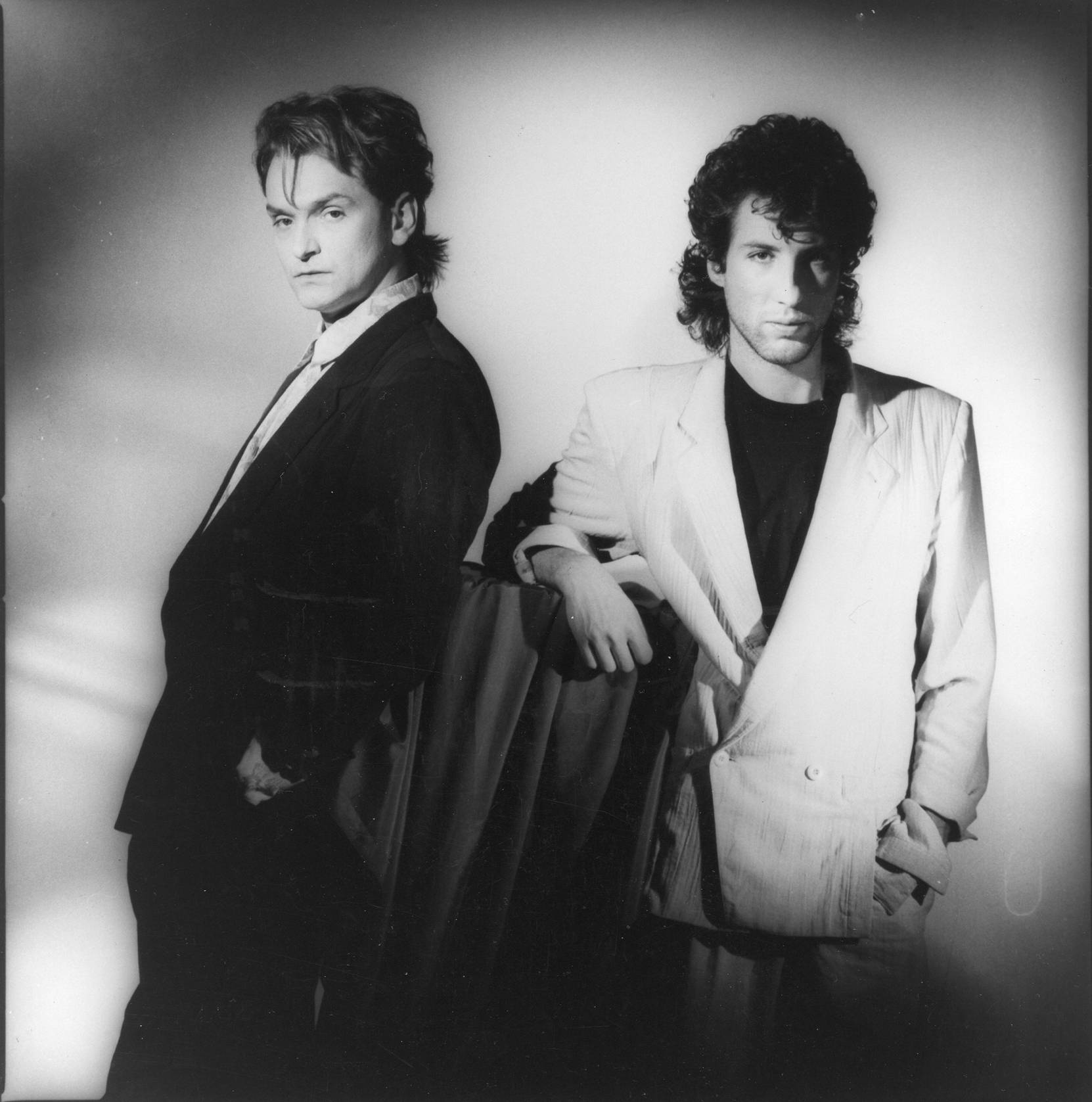
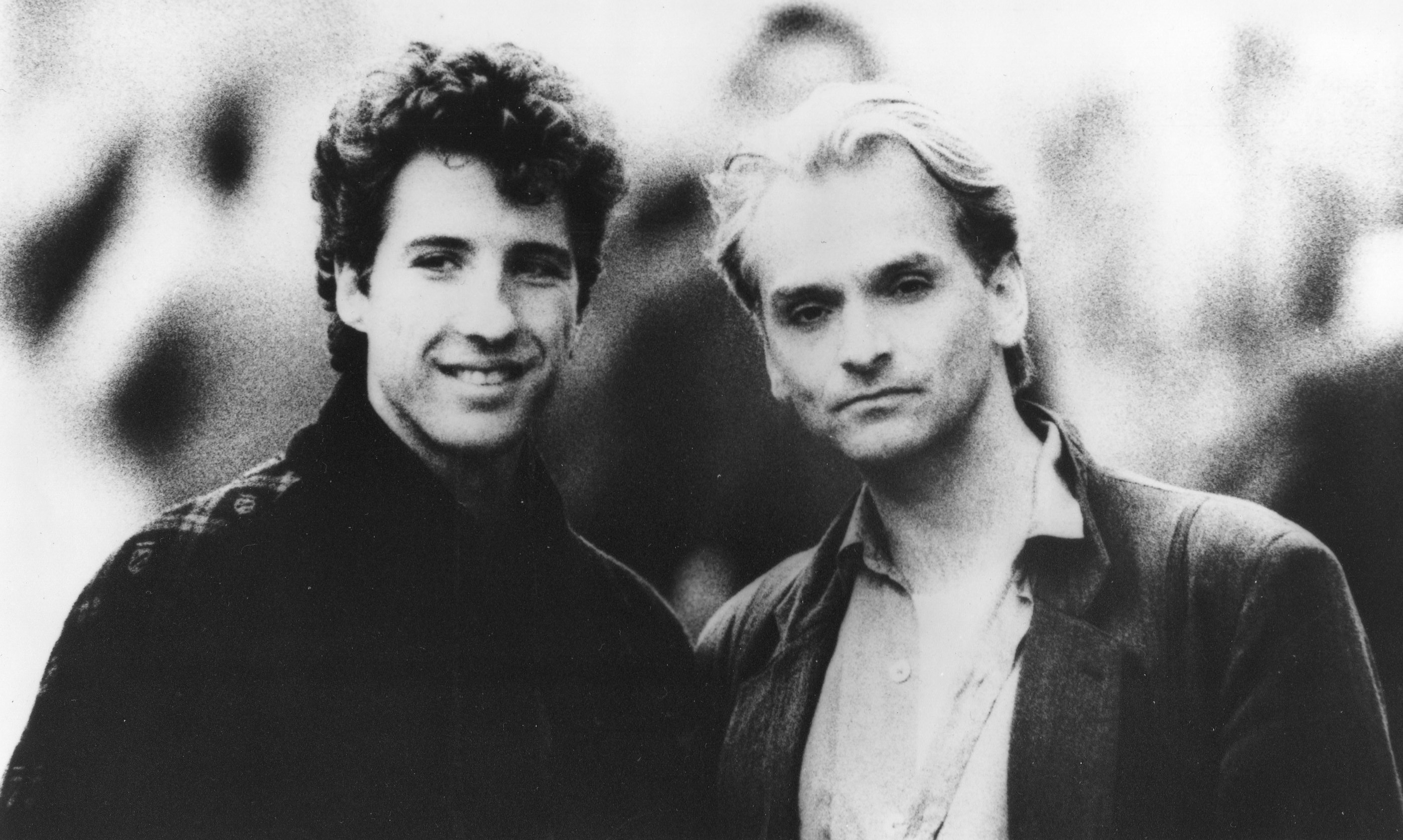
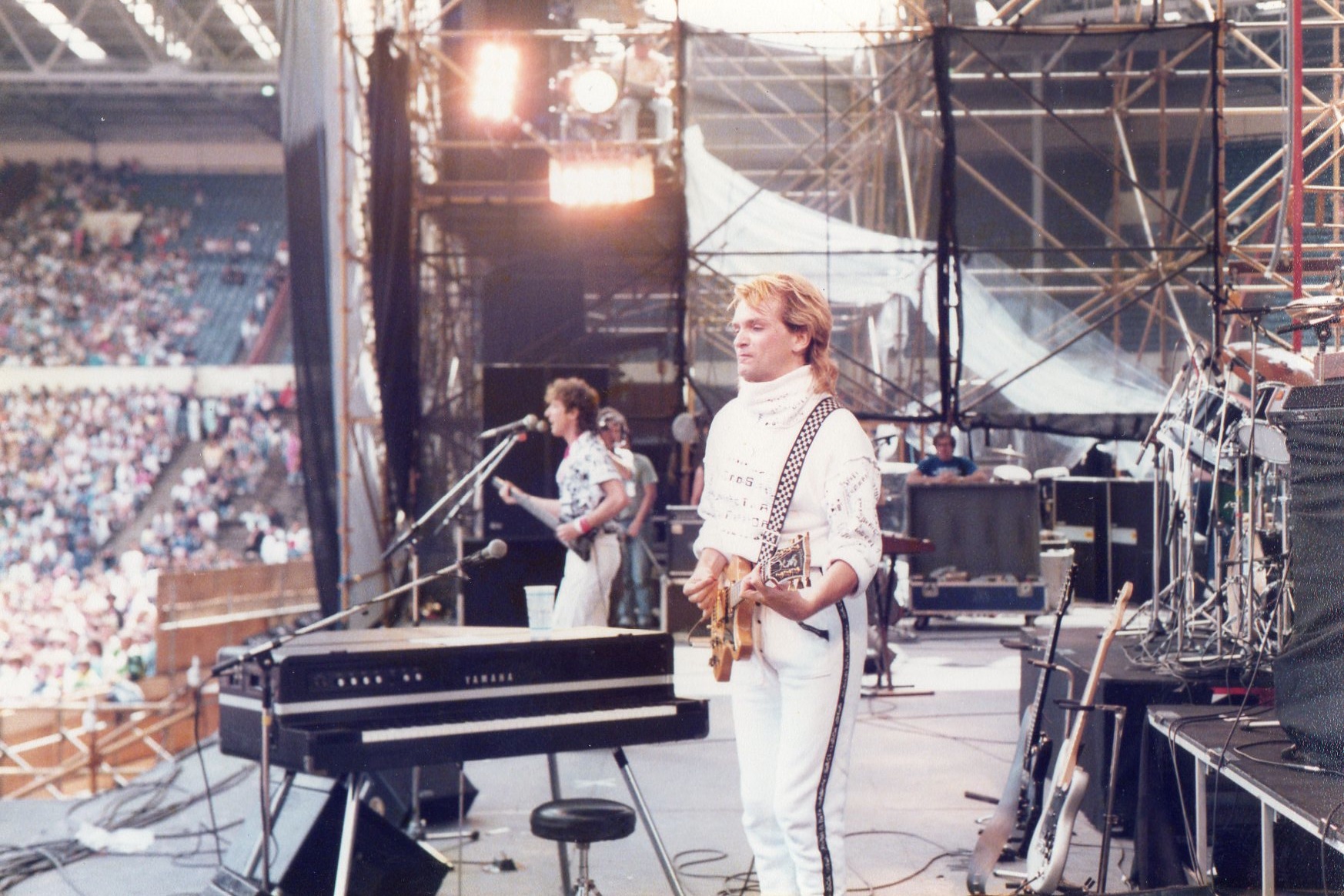
James is a guitarist and freelance writer who's interviewed some of the biggest names in music. He is the author of four books and his writing credits include work for Guitar World, AXS and Yahoo! as well as for his hometown newspaper where he writes on a variety of topics with both passion and humor. As a guitarist, he's performed everywhere from local bars and nightclubs to some of the biggest stages in front of thousands of music fans.
